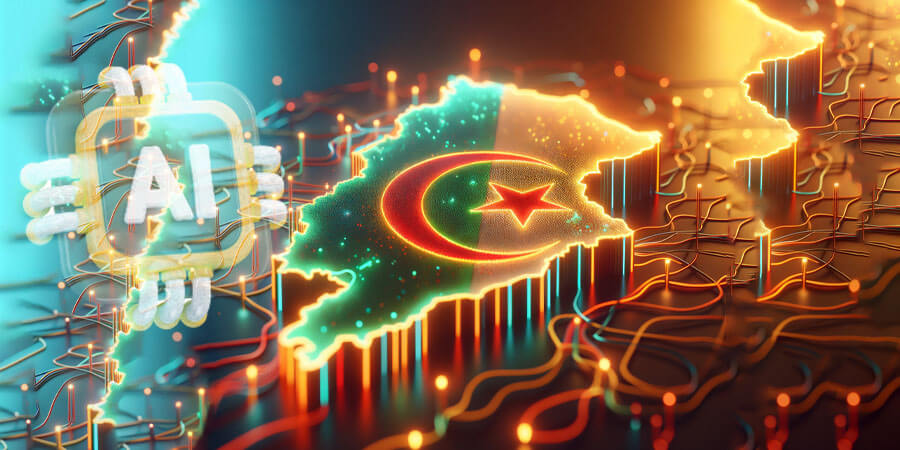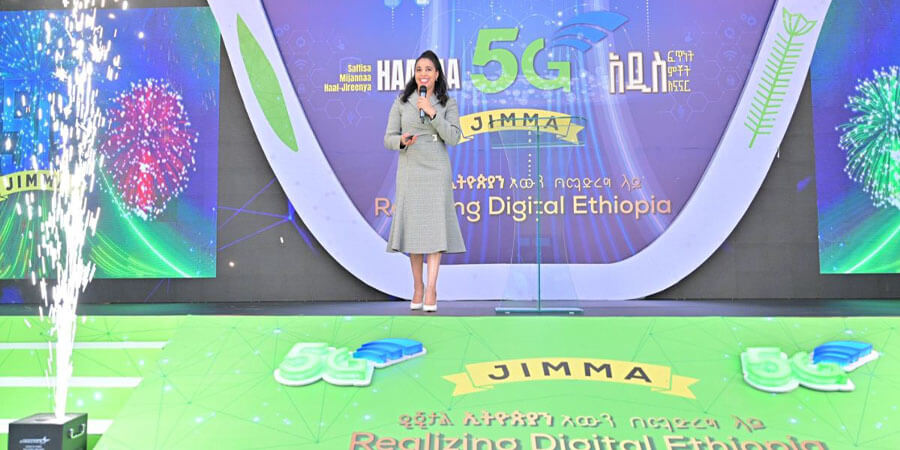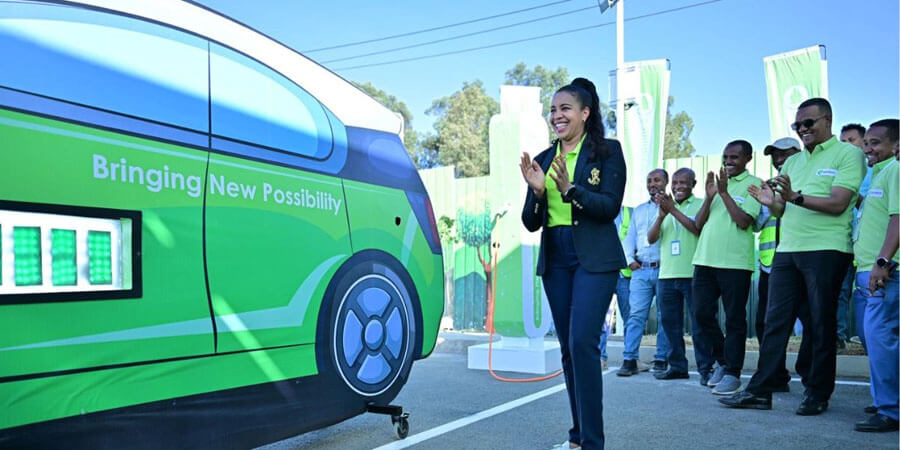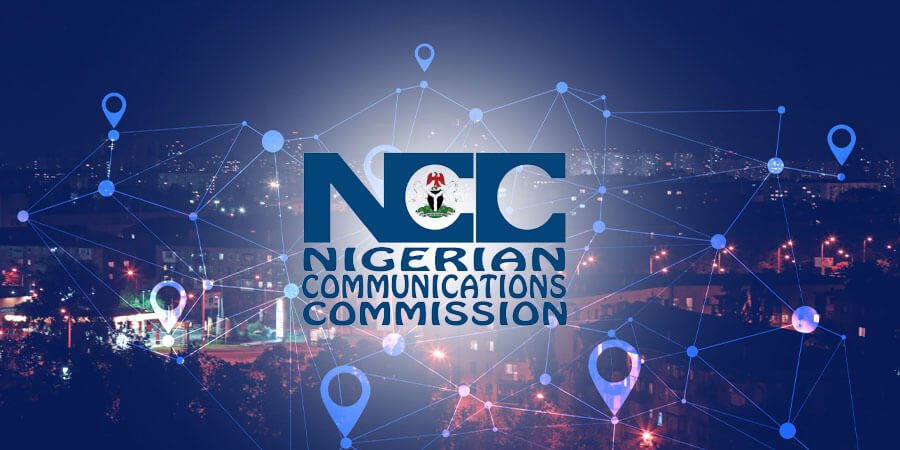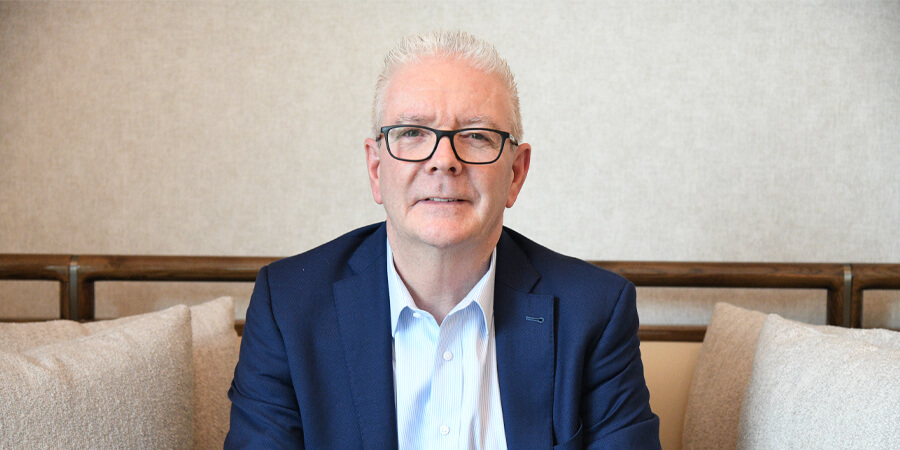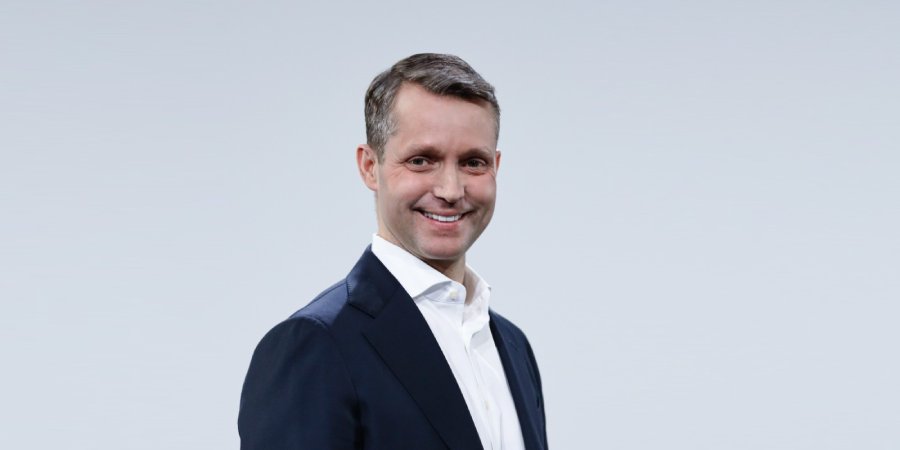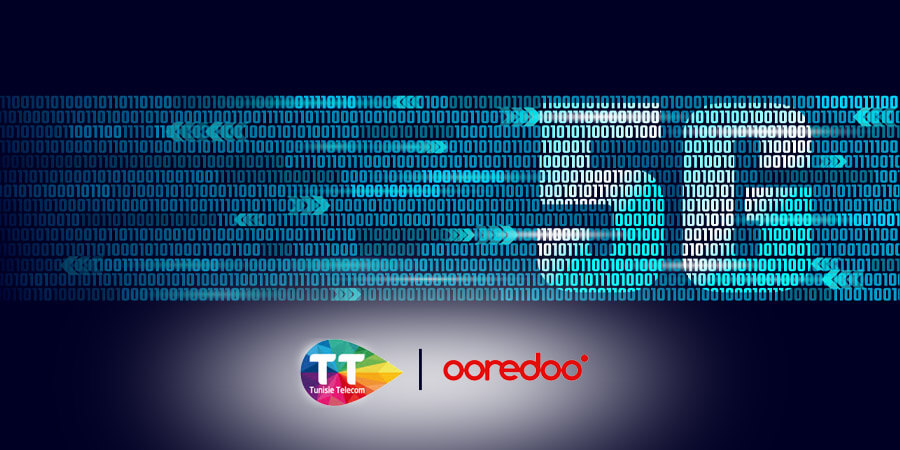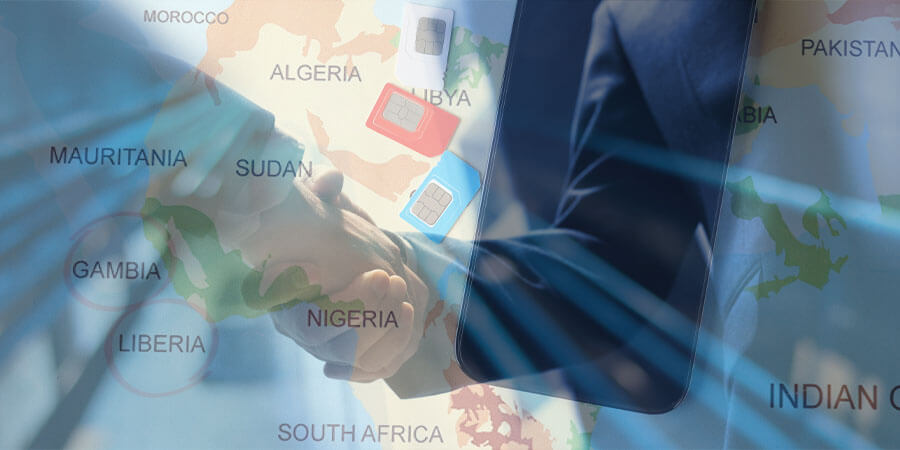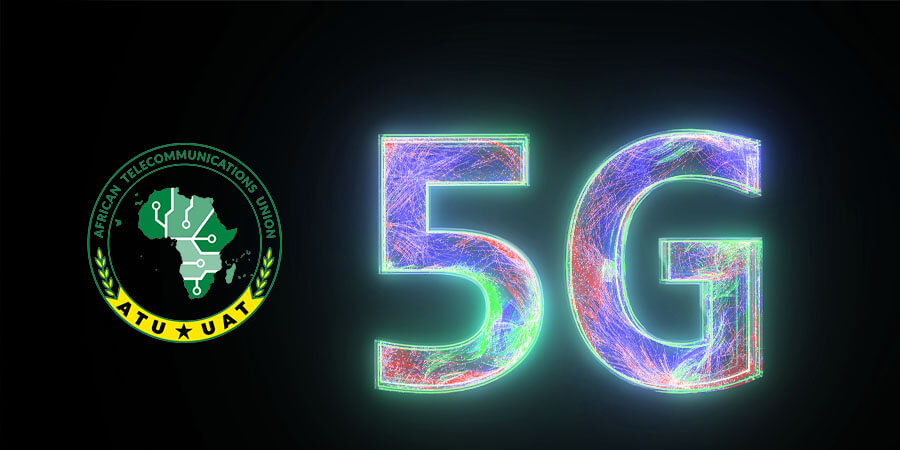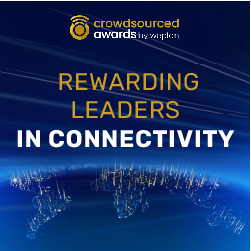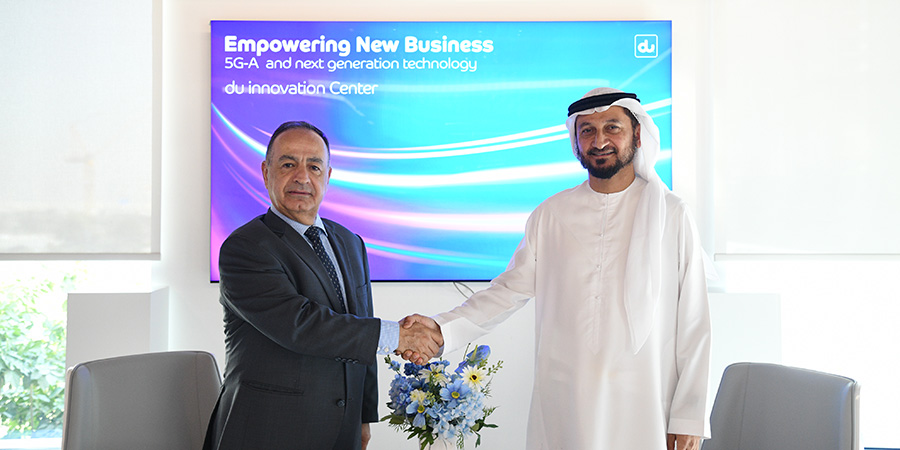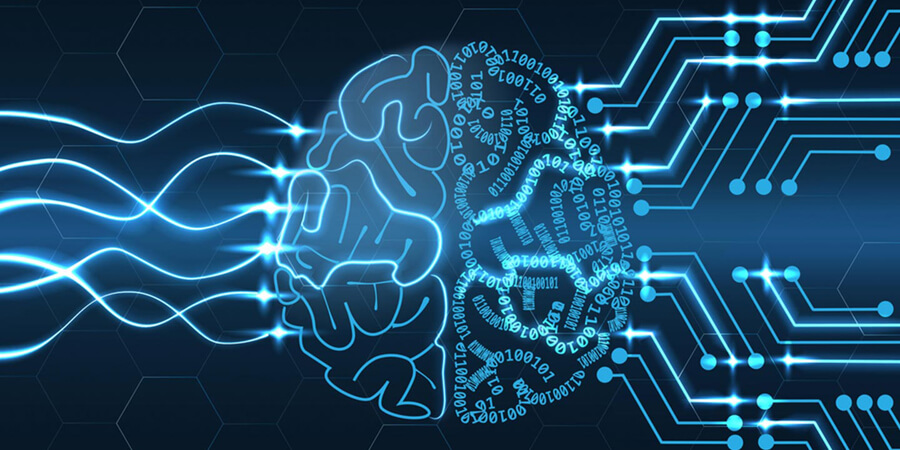In light of Egypt’s preparation of the national strategy for AI, the Minister of Communications and Information Technology Amr Talaat has received Ambassador of Finland to Egypt Laura Kansikas-Debraise, where they discussed enhancing cooperation in Artificial Intelligence (AI).
At the meeting, Talaat underlined the significance of enhancing cooperation between Egypt and Finland in ICTs, in the framework of the deep and distinguished bilateral relations between the two countries, as well as Finland’s remarkable development in ICTs.
The ICT Minister showcased the main features of the national strategy for AI, with its two main pillars, including building human capacity through increasing the efficiency of education and training in various educational stages. This is in addition to consolidating continuing education to meet the rapid development of the nature of jobs required in the future.
The second pillar is the applied scientific research that aims to find innovative technological solutions to Egypt's challenges in different fields, and create a strong base of startups capable of strongly contributing to promoting the Egyptian economy and competing at the international level.
On her part, Debraise welcomed the cooperation between the two countries in AI, especially in capacity building and AI applications in different areas, as well as opening up new avenues of cooperation between Egyptian and Finnish companies specializing in this filed.
Moreover, the two sides agreed on the importance of continuous communication to develop mechanisms of joint cooperation. Debraise invited Talaat to visit Finland this year, to discuss projects of joint cooperation in ICTs.
The meeting was attended by Second Secretary and Head of Economic and Development Cooperation at the Finnish Embassy Markus Raty, ICT Minister’s Advisor for AI Golestan Radwan, and Director of International Relations Division at the Ministry of Communications and Information Technology (MCIT) Mohamed El Gawsaky.








